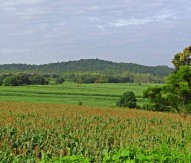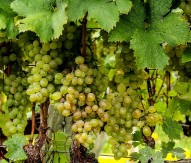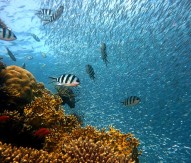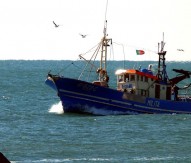
EU project hunts for natural substitutes to synthetics
A project part-funded by the Seventh Framework Programme is foraging through the plant world for natural substitutes to synthetic ingredients currently used in cosmetics and agrochemical products, such as insecticides, herbicides and fungicides.
By analysing Nature’s molecules to discover a new generation of natural ingredients, the AGROCOS project aims to pave the way for innovative products that address consumers’ concerns about the impact of synthetic ingredients on their health and the environment. Researchers have identified 30 promising molecules, and these are being tested by the consortium’s commercial partners, namely Korres (a Greek natural cosmetics company) and BASF.
The European Research, Innovation and Science Commissioner, Máire Geoghegan-Quinn, said: “AGROCOS is a great example of how EU funding can inspire innovative research that boosts competitiveness, growth and jobs in Europe – while protecting people’s health and the environment. We will continue to invest in this type of research and innovation in Horizon 2020.”
Korres is testing five molecules with antioxidant properties, in combination with an ultraviolet protectant and other compounds for preventing hyper-pigmentation, commonly known as age spots. The company has produced compounds and standardised extracts on a pilot scale. Korres plans to launch a new product line based on AGROCOS’s research in the next two years.
BASF is testing compounds for insecticidal, fungicidal and herbicidal properties. The increasing demand for organic foods has created a pressing need for natural pesticides that can be used on crops certified as ‘organic’. Natural substitutes for pesticides are also normally less toxic to people, the soil and the environment in general, and they usually affect only the target pest and related organisms, put no other animals at risk and are biodegradable.
AGROCOS’s research is based on ‘bio-prospecting’, a technique of searching through species for valuable compounds. For AGROCOS this means sifting through plant molecules to identify those with desirable properties for cosmetics or pesticides.
The AGROCOS project, supported with €2.9m in EU funding, brings together the two companies as well as six research centres and universities from France, Greece, Panama, Switzerland and South Africa.






